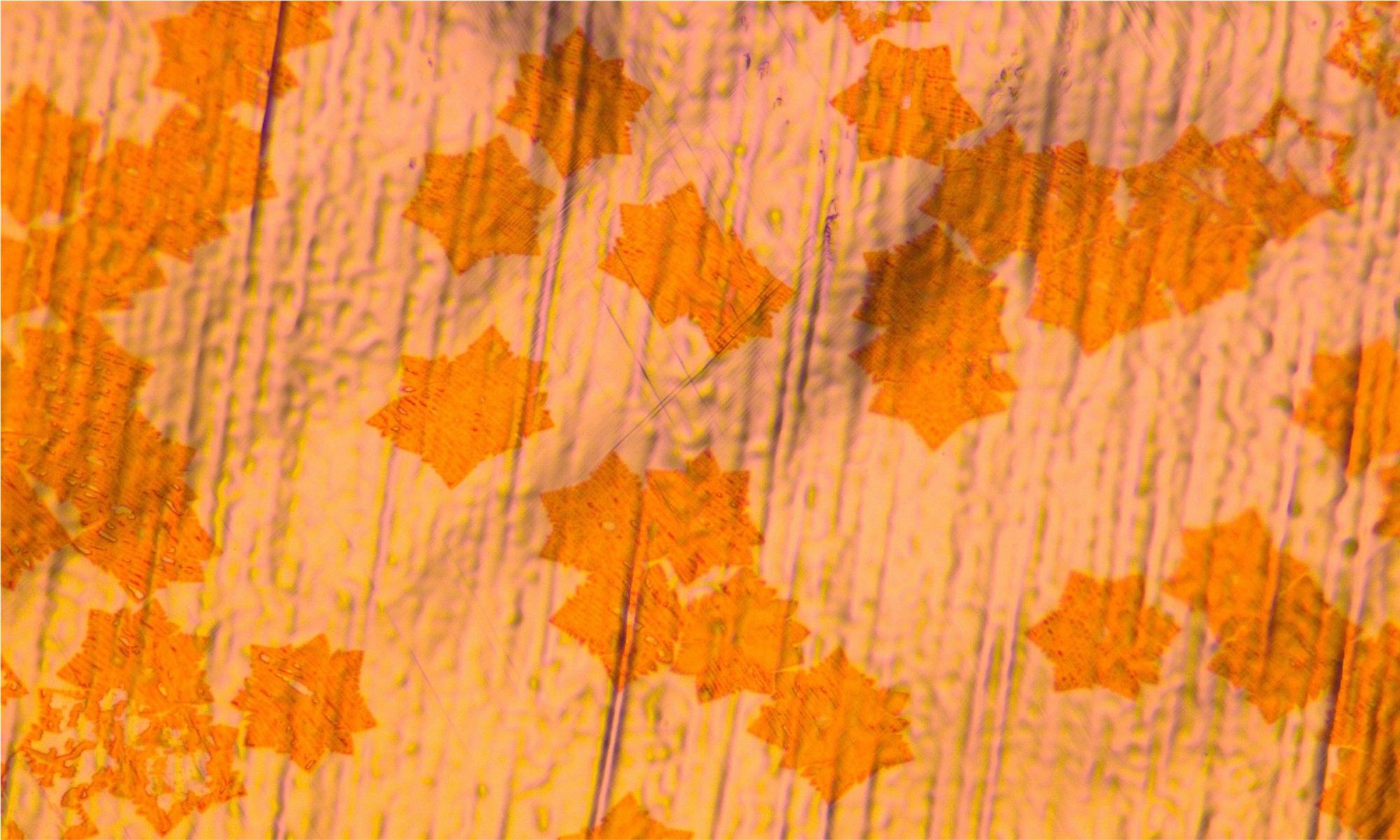November 26th will be an eventful day at the Aachen Graphene & 2D Materials Center, featuring two IEEE Distinguished Lectures and the kickoff meeting of the ULTIMOS2 project.
Continue reading “The Aachen Graphene & 2D Materials Center celebrates two IEEE Distinguished Lectures and a kickoff meeting on November 26th”An intensive two-day workshop on 2D materials at Forum M
Experts from all over Europe gathered in Aachen to discuss the challenges of wafer-scale integration of 2D materials, in a workshop organized by AMO and the Aachen Graphene & 2D Materials Center.
Continue reading “An intensive two-day workshop on 2D materials at Forum M”Dr. Assaf Ya’akobovitz will visit the Center as part of the GIF Young Scientists Program
Dr. Assaf Ya’akobovitz from Ben-Gurion University of the Negev (Israel) will be the speaker of the Aachen Graphene-Flagship Seminar on November 6th, 2019.
Continue reading “Dr. Assaf Ya’akobovitz will visit the Center as part of the GIF Young Scientists Program”The program of the workshop on “Wafer-scale integration of 2D materials” is now on-line
The workshop program can be downloaded here. For more information about the workshop, please have a look at this previous post.
A new DAAD-India fellow at ELD
The Aachen Graphene and 2D Material Center warmly welcomes Mr. Vikas Jangra. Vikas is a last year M.Tech student from IIT Delhi, who has won a prestigious DAAD-India fellowship to pursue his master thesis at the Chair of Electronic Devices (ELD) at RWTH under the guidance of Prof. Max Lemme and Dr. Satender Kataria.
Continue reading “A new DAAD-India fellow at ELD”Max Lemme and Joachim Knoch have both received a BMBF “ForMikro” grant
Microelectronics is a major driving force for innovation and digitalization, and a key tool to sustain the economic strength of Germany and Europe. To actively sustain this field, the BMBF has announced at the end of 2018 the funding line “Research for new microelectronics (ForMikro)”. Two PIs of the Aachen Graphene and 2D Materials Center, Max Lemme and Joachim Knoch, have each won a granted project in the first call of this new funding scheme.
Continue reading “Max Lemme and Joachim Knoch have both received a BMBF “ForMikro” grant”AMO launches three new FET Open Projects
A big success for AMO and the Aachen Graphene & 2D Materials Center
FET Open is a very competitive funding program within the Horizon 2020 Research and Innovation program. It supports joint international projects aimed at radically new technologies, favoring ideas that go well beyond the state of the art. The competition is fierce, as the program is open to all sciences and disciplines. At each call the number of submissions greatly exceeds the available budget. Yet AMO has been extremely successful in the call of January 2019, winning three granted projects.
Continue reading “AMO launches three new FET Open Projects”WORKSHOP ANNOUNCEMENT: “Wafer-scale integration of 2D materials”
The next big challenge in the field of graphene and 2D materials is the development of large-scale fabrication processes compatible with CMOS technology. This challenge will be the topic of a workshop organized in Aachen by AMO GmbH and RWTH Aachen University, on November 12-13, 2019.
Continue reading “WORKSHOP ANNOUNCEMENT: “Wafer-scale integration of 2D materials””Graphene enables the world’s smallest accelerometer, pointing to a new era in wearable sensor technology
In what could be a breakthrough for body sensor and navigation technologies, a team of scientists in Sweden and Germany has developed the smallest accelerometer yet reported, exploiting the unique mechanical and conducting properties of graphene.
Continue reading “Graphene enables the world’s smallest accelerometer, pointing to a new era in wearable sensor technology”EPIC interviews AMO CEO Max Lemme
Jose Pozo, CTO of EPIC – the European Photonics Industry Consortium – talked to Prof. Max Lemme, CEO of AMO GmbH, Aachen and Chair of Electronic Devices at RWTH Aachen University where he researches on graphene and related materials and their application in electronics, photonics and sensors.
Continue reading “EPIC interviews AMO CEO Max Lemme”